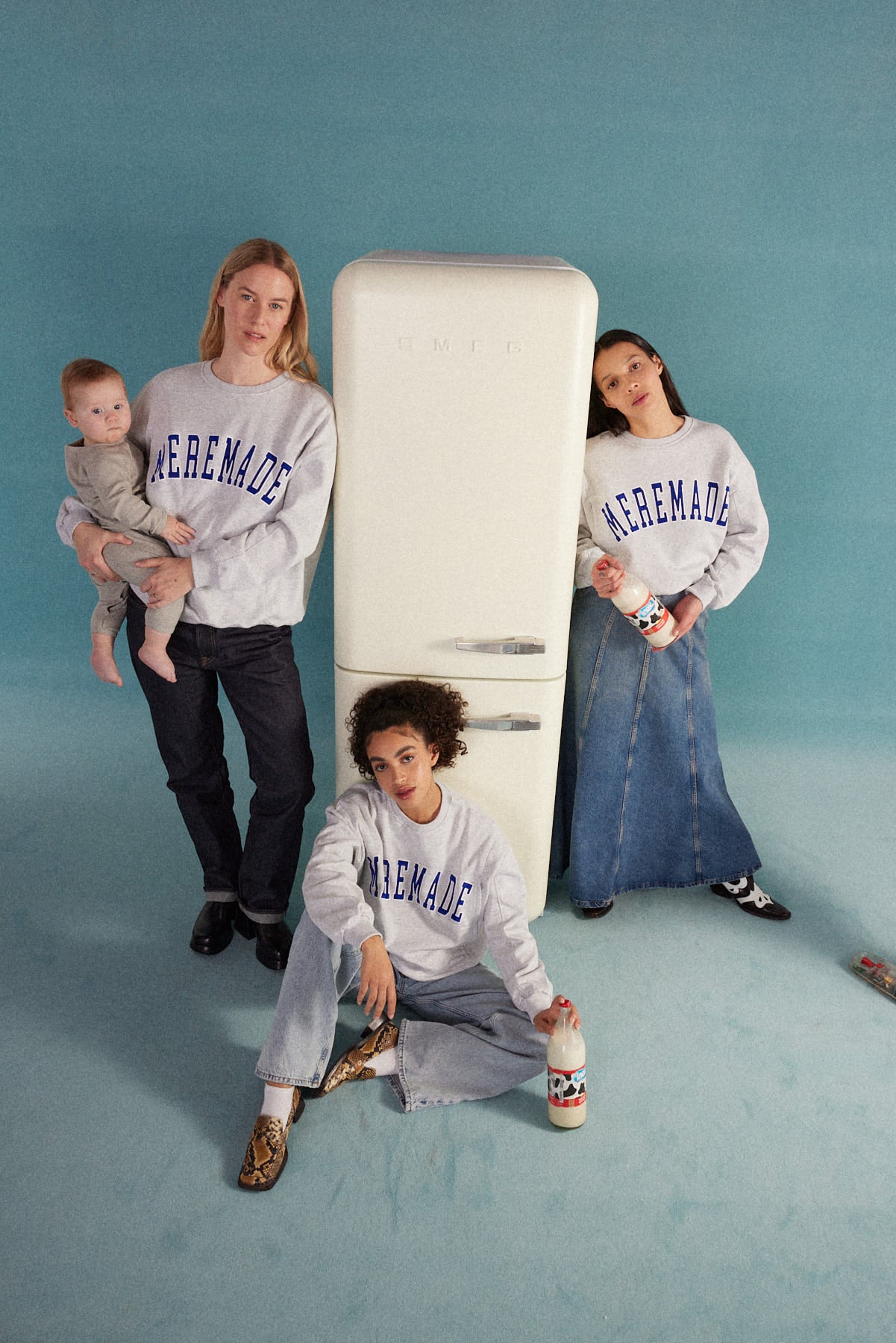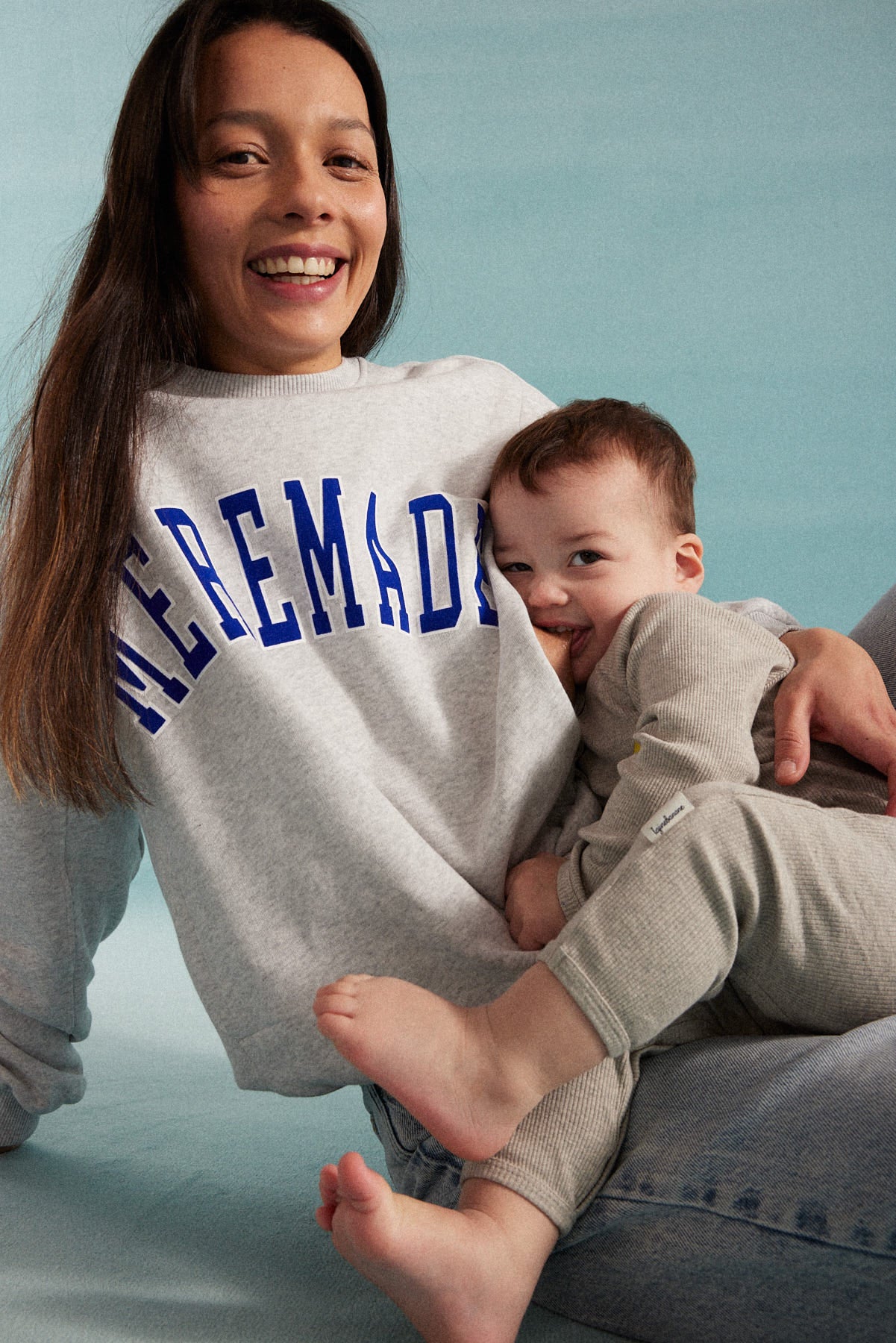Please note: This article is written from a French perspective and references what you can do in France to donate milk, please check your local guidelines and facilities where you are for more information.
As with donating blood, breast milk can save lives, especially for premature babies for whom it is a real "medicine".
Less talked about and known, it is a small gesture of solidarity. It is easy, quick and above all vital!
Unfortunately, lactariums in France regularly report shortages throughout the country.
That is why we have decided to use our voice and join forces with l’association des lactariums de France (ADLF), via le lactarium de Bordeaux-Marmande (33), in order to inform and educate as many people as possible about breast milk donation.
For whom is the collected breast milk intended?
Breast milk is intended for hospitalized babies. Either while their mother's lactation starts, or when the mother cannot or does not wish to breastfeed.
90% of the babies who receive a breast milk donation are premature babies (for whom there is no possible substitute). But other babies, hospitalized for serious digestive system pathologies for example, also need these donations.
Is the donation of milk paid?
No. In France, milk donation is anonymous and free.
Who can donate?
All healthy breastfeeding moms whose babies are not yet weaned. You don't need to be hyper-lactating to give. For example, a bottle of 100ml of milk per day for 15 days is enough to save lives.
How do I become a donor?
Lactariums are establishments specialized in the collection and conservation of breast milk.
The first step is to get in touch with a lactarium near your home.
You can often find all available facilities in your country on the internet. For example, all the lactariums in France that are able to receive donations are listed in blue on this map: https://association-des-lactariums-de-france.fr/carte-des-lactariums-2/
Donations are made under controlled conditions by trained collectors, and are subject to strict controls. There is no minimum or maximum duration for the donation.
In France, for public health reasons and to ensure the quality of the breast milk distributed, a medical file is established for each donor. An interview with the breastfeeding mother as well as a medical questionnaire sent to the doctor who accompanied the mother during her pregnancy allow them to identify certain risk factors that are incompatible with the donation of milk.
A serological screening is performed at the time of the first donation based on a blood test and repeated every 3 months during the donation period to check that the mother is not suffering from any infections that could be transmitted through her milk.
Contraindications and risk factors may include:
- tobacco, alcohol and narcotics, some toxic medications (including some plant based drugs)
- certain recent viral infections (hepatitis B or C, HIV, HTLV)
- an organ transfusion or transplant 
How does breast milk donation work?
When a mother agrees to donate her milk, the lactarium team provides her with all the necessary explanations, support and materials.
The mother collects her surplus milk every day, freezes it and gives it to the teams of the lactarium who pick it up at a frequency established with the donor at her home (so you don't have to go anywhere!). Mothers of premature babies can also make donations on site at certain hospitals.
For information, each lactarium is under the responsibility of a pediatrician or gynecologist-obstetrician.
The collected milk is then pasteurized and controlled according to the proper practice guide: bacteriological and virological controls.
In practice, what hygiene rules should be observed when collecting surplus milk for a lactarium?
Hand washing before each collection and good personal hygiene is necessary. The equipment (nipple shields and transfer bottles) should be sterilized after each use to allow the milk to be used for the benefit of babies with fragile health.
What do I need?
All materials are provided by the lactarium (bottles, etc.). The lactarium also provides a prescription for the rental of breast pumps reimbursed by social security (except for the nipple shields, which are the responsibility of the donor). The donor, on the other hand, must have a freezer or a 3-star compartment of a combined refrigerator-freezer at home.
Did you know?
The lactarium is also a reference center for breastfeeding. The staff is at your disposal for any question or advice and will be happy to receive you in a consultation.
Links to articles on the shortage + calls for donations (ALL IN FRENCH):
• Le Monde
• Europe 1
• La Maison des Maternelles
• France Bleu
• Ouest France
• Libération
• France 3 Provence-Alpes-Côte-d'Azur










